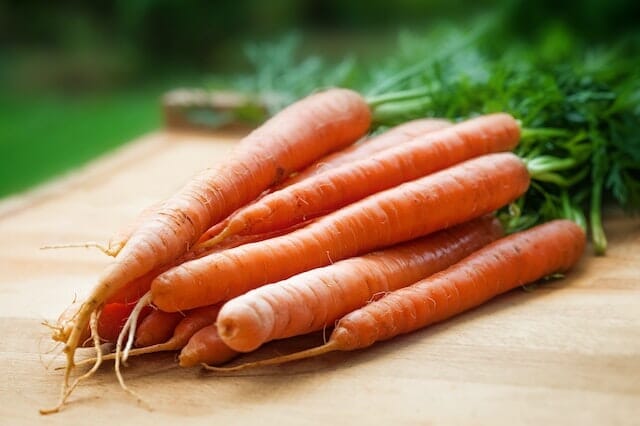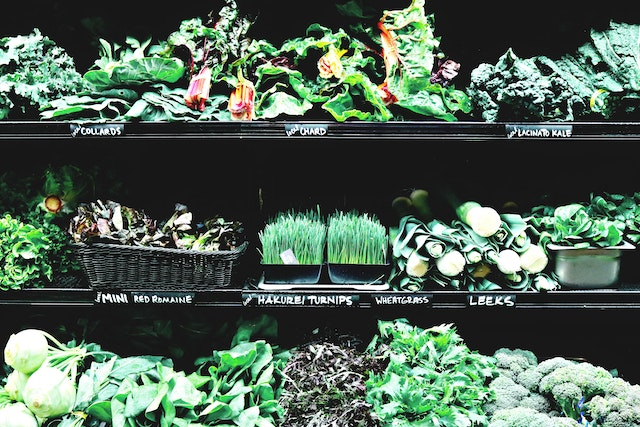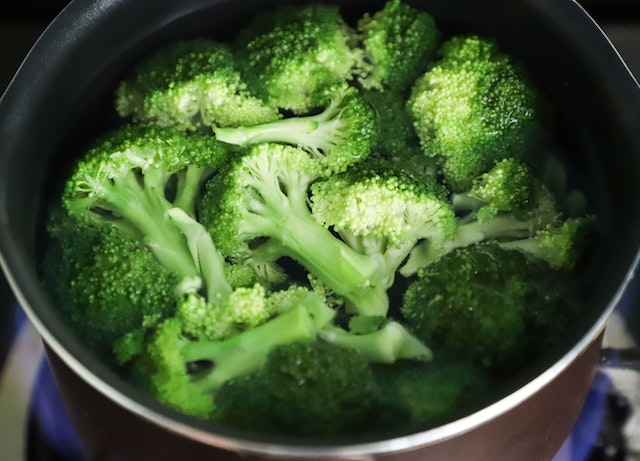
Include these Best foods for Weight loss and Health
Time to read 4 min
Time to read 4 min
While there are several novel food options to lose weight and manage body weight, you should consider the benefits of regular nutritious foods. Healthy weight loss should also be your overall goal, with healthy fats, fruits, and cruciferous vegetables, being your priority.
Losing weight should also be supported by clinical nutrition, so that you can maximize your health benefits and optimize weight management. In other words, you shouldn't consume a heavy amount of these health foods, and instead focus on adding them gradually into your existing nutritional plan.
You can focus on adding these amazing nutritionally optimal foods into your diet for a balanced plan.
Eggs are one of the best sources for B12 and proteins, making them the first choice for when you're looking to improve your diet plan. You can add them in any format and benefit from their healthy fats as well. Eggs are also rich in cobalamin, iron, and calcium as well.
You can add a variety of green leafy vegetables into your diet and benefit from the minerals present in them. They are also rich in niacin, carotenoids, sulforaphane, and omega-3-fatty acids, which are required by the body and are available in abundance.
To get your vitamin C from your diet, you need to add oranges. Oranges can help in improving your immunity, while also being a great source for vitamin A and calcium.
Carrots are a great source of vitamin A, as well as calcium, iron, and Biotin. These nutrients are essential for hair, nails, and eye health, which are important as we age. That's why carrots should be a part of our diet, so that we're able to manage longevity.
Walnuts, almonds, pistachios, and other nuts are essential for overall health as they contain important minerals that aren't generally found in other foods. You can get your daily recommended minerals, such as magnesium, iron, calcium, selenium, and potassium, while also benefiting from the healthy fats.
Avocados are a great source of healthy fats, making them one of the top health foods that you should actively add into your diet. You can also benefit from its other nutrients, such as vitamins C, E & K, while being important to improve your overall health.
Broccoli is rich in sodium, potassium, and vitamin C, which are essential for longevity and wellbeing. You need broccoli in your diet in healthy volumes, so that you're able to strengthen your body and reduce inflammation.
You should focus on the following aspects when trying to improve your nutrition.
Whether you're focusing on weight gain or a weight loss diet, you should have a balanced diet. You should focus on getting all your vitamins from natural sources that are readily available and easy to consume.
You can track your mineral intake and prepare a custom plan that is designed to capture all essential minerals.
You can increase the amount of proteins that you are consuming through your diet, by diversifying the sources of the nutrient.
Green vegetables will help you lose weight over time, as they are a core part of a healthy diet. Several weight loss diets will include green vegetables, as they're fewer calories while also helping promote weight loss over time.
You can lower your body fat and improve your weight loss efforts, by having a diet rich in the right types of foods. You can cut out unhealthy foods over time, and get your diet aligned well.
You can cut out excessive smoking and drinking, as well as other lifestyle related elements, to improve your functioning.
Adding probiotics is a great way to improve your digestion as well as your energy levels overall. You can also improve your body's ability to digest certain foods as well.
If you are experiencing the following symptoms, then it's important to check whether your diet is rich in the right nutrients.
You may experience muscle loss or weakness in your muscles, especially larger muscles that control movement, vitality, and coordination.
You may be deficient in calcium, vitamin D, magnesium, and other nutrients, if you have regular or chronic joint pain.
If you aren't focusing on getting the right nutrients through your diet, then you may experience a lack of energy and vitality.
Low levels of vitamin C may lead to issues with immune health. You can supplement with vitamin C and check your iron levels if you have chronic health issues.
You may notice that some wounds aren't healing the right way or within the right time, which may indicate an issue with blood healing.
If you are experiencing mood management issues, you may be deficient in vitamin D.
* Medical Disclaimer - The following information is for educational purposes only. No information provided on this website, including text, graphic, and images, are intended as substitutes for professional medical advice. Please consult with your doctor about specific medical advice pertaining to your condition(s).

